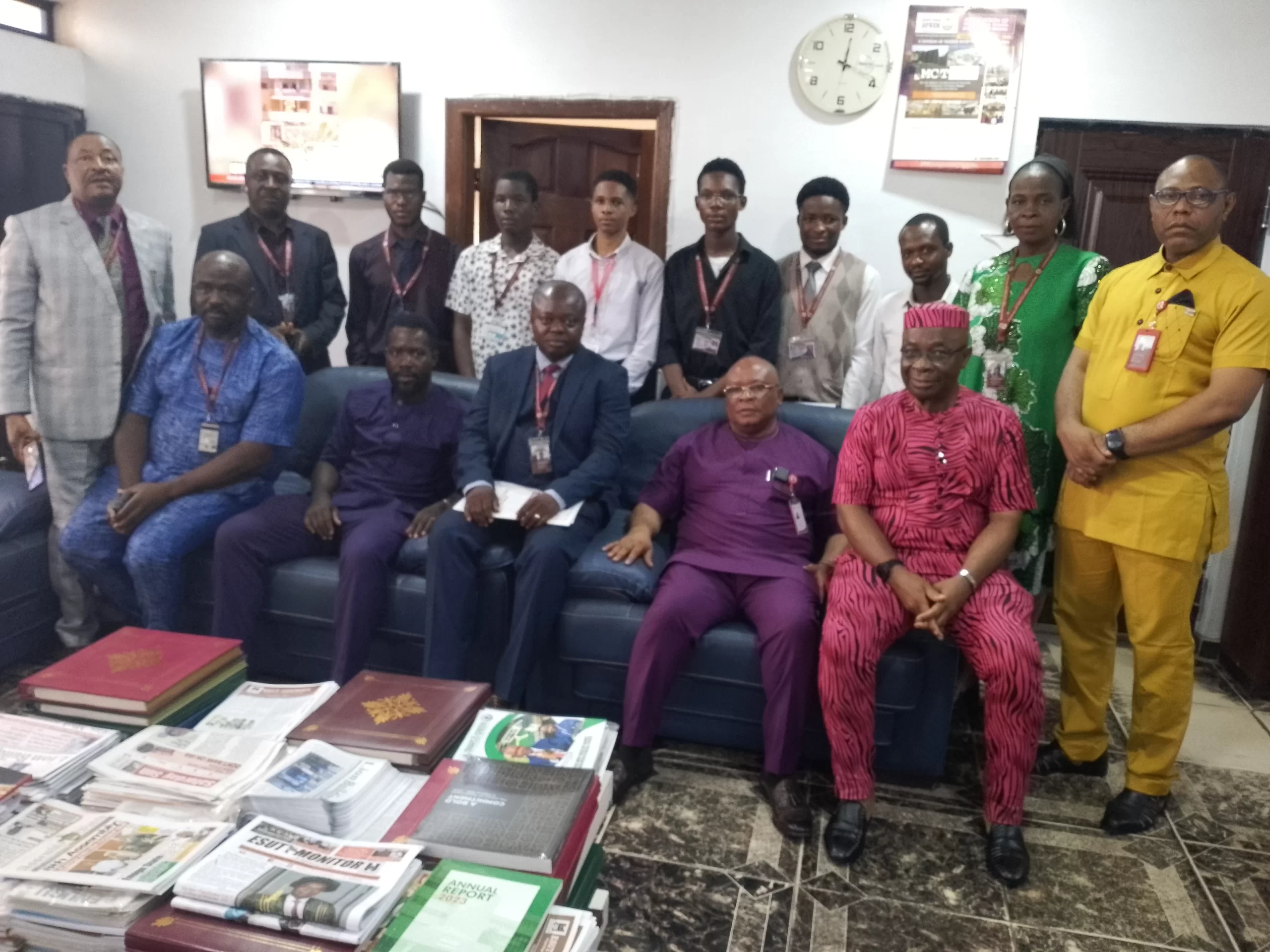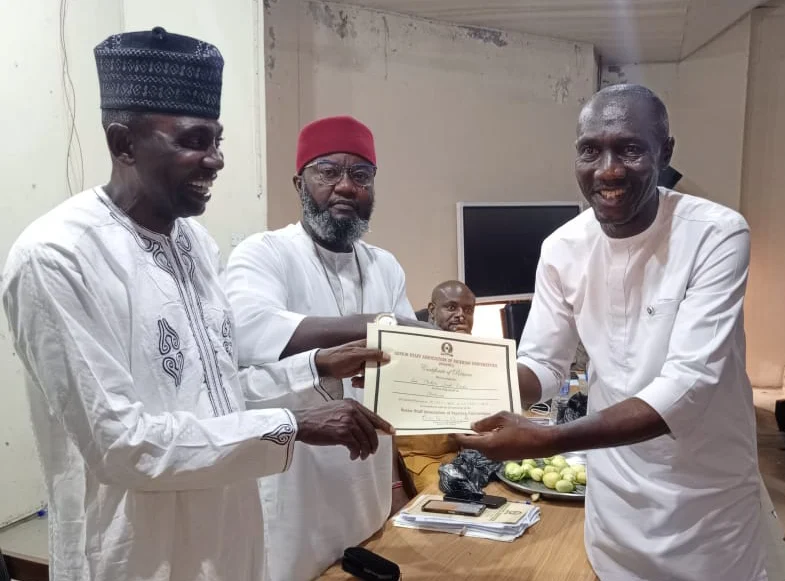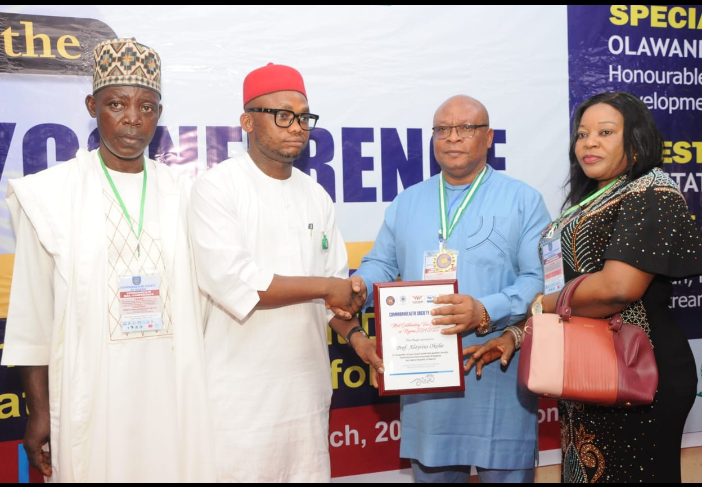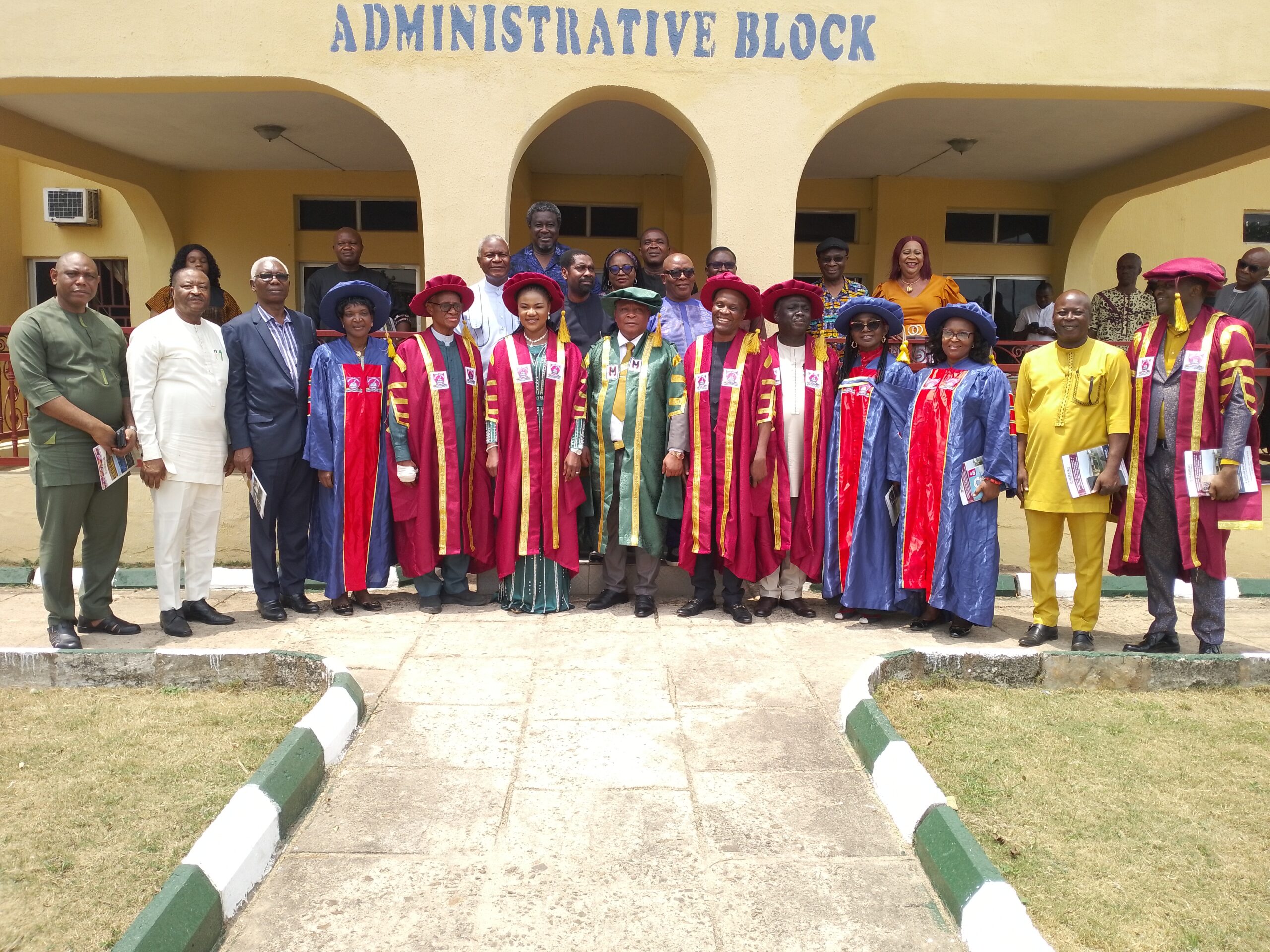A Professor of Accounting at the Enugu State University of Science and Technology, ESUT, Chike Ernest Nwoha, on Thursday, identified lack of accountability and transparency in public service as the main reasons for poor economic performance and rising poverty in Nigeria.
Prof. Nwoha, who is also the Deputy Vice Chancellor of ESUT said that unless government uses anti-graft agencies to check financial recklessness and impunities of public servants and those in corridors of power, poverty index in the country would continue to rise.
He made the call while delivering the 33rd inaugural lecture of ESUT, entitled ‘The Audit Process; Connecting Controls and Accountability to Enhance Performance,’ at the capacity filled Professor Julius Onah Auditorium, Agbani, Nkanu West Local Government Area of Enugu State.
He further noted that despite her rich oil and gas resources, Nigeria is still rated as a poor country with 80-90 million Nigerians living in abject poverty.
“Our GDP grew by 2.31% (year on year) in real term in the first quarter of 2023. This growth rate declined from 3.1% recorded in the first quarter of 2022, and 3.52% in the fourth quarter of 2022. Our GDP in 2023 in trillion, Nigeria Bureau of Statistics showed that aggregate GDP stood at N51.2 trillion higher than the N45.3 trillion recorded in the fourth quarter of 2022. Nigeria suffers under an excruciating debt burden of about N42.82 trillion.
“A lot of critical public infrastructure are in decay and suffer from waste. Unemployment and inflation are in the double digits. Corruption continues to pose a major challenge to good governance…
“Although Nigeria is now practicing democracy, corruption is still eating up the funds in our country. A lot of state governors and top government officials have been accused of mismanagement of public funds,” he said.
While stressing the need for thorough auditing to sanitize public servants and politicians of corruption in Nigeria, he added that auditors play crucial roles in ensuring that financial reports can be relied upon by users. He further explained that expression of opinion on true and fair view of audited statements, books, and accounts remain the primary responsibility of auditors.
He also said that the users of audited financial statements expect auditors to perform their duties with technical competence, integrity, independence and objectivity, adding that he should also detect financial misstatements, whether intentionally done or otherwise.
He further underscored the need to enhance performance both in public and private organization by taking necessary audit measures.
Earlier in his welcome address, the Vice Chancellor of ESUT, Professor Aloysius-Michaels Okolie, enjoined professors who were yet to deliver inaugural lecture to gear up towards having theirs in order to become full fledged professors.
He stated that inaugural lecturers share their research findings and challenges encountered in the process and equally prepare the minds of the academic community on what to expect in the future during the valedictory lecture at the end of the service period.
He descried the lecture topic by Prof. Nwoha as apt especially in this period when the nation is fighting corruption at all the sectors of the economy.
Highlight of the lecture was the presentation of certificate and plaque to the lecturer and to other past inaugural lecturers of the University.



